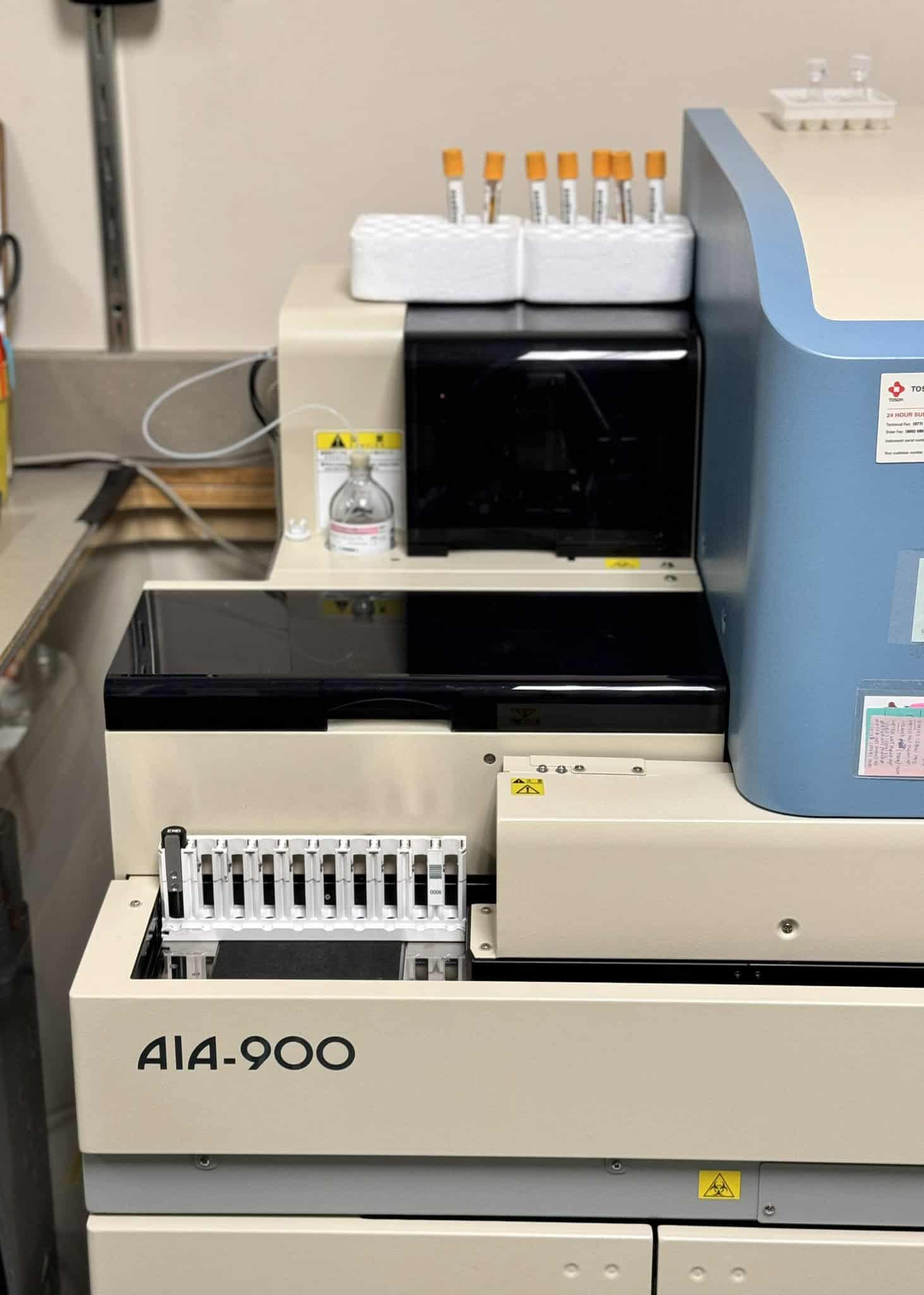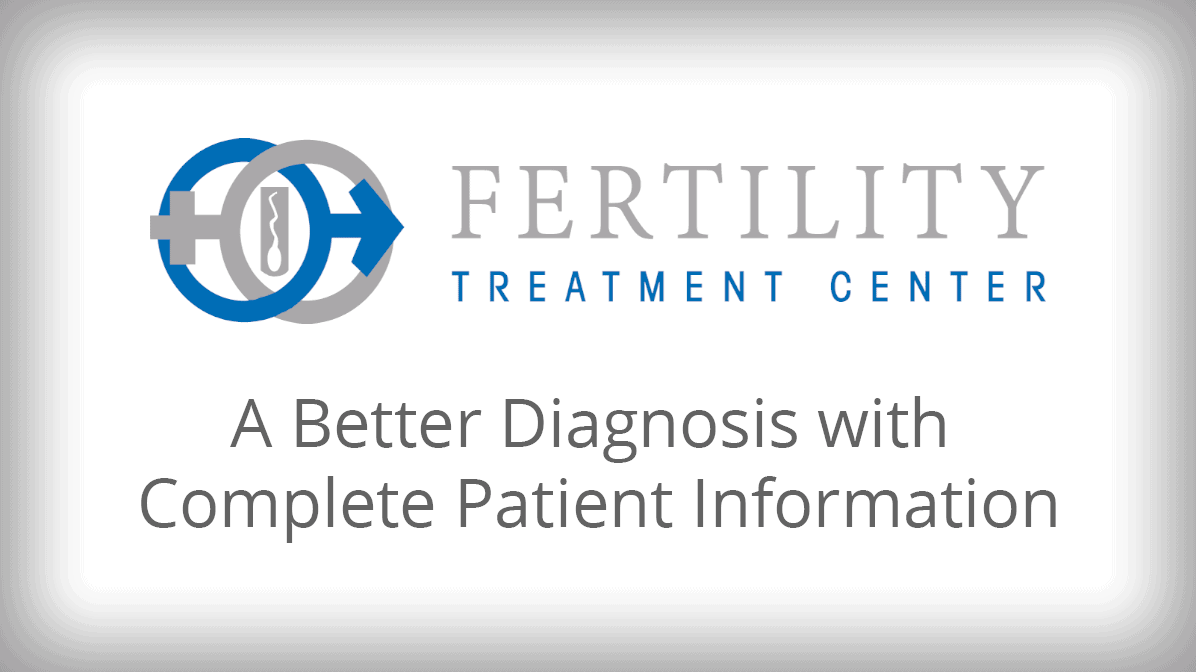Female infertility can be due to many different issues or conditions, hormone issues, ovarian reserve, blockages in the Fallopian tubes, or issues with the uterus itself.
Conception and pregnancy involve a delicate balance of many different hormones, each with specific roles. A hormonal study takes a look at the amount of these hormones present in your bloodstream during certain stages of your menstrual cycle. Some of the hormones we test for at Fertility Treatment Center are estrogen, follicle stimulating hormone (FSH), luteinizing hormone (LH), progesterone, androgens, and prolactin.
Sometimes female infertility is caused by physical rather than hormonal issues. Blockages or other abnormalities in the Fallopian tubes can be detected with a special x-ray called a hysterosalpingogram (HSG). If you have fibroids, polyps, scar tissue, or an abnormally-shaped uterus, the HSG will let us see that as well.
In women who are towards the end of their childbearing years, their ovarian reserve may be the chief factor affecting their fertility. The ovarian reserve is the number of healthy eggs a woman has left in her ovaries which may respond to fertility treatment. As a woman ages, her ovarian reserve diminishes since the healthiest oocytes are released first. Hormone testing during days 2, 3 or 4 of your menstrual cycle and an ultrasound of your antral (egg-containing) follicles can help determine your ovarian reserve.
Our fertility specialists will look at your infertility test results as well as the results of the male infertility tests of your partner. Your treatment plan will vary widely depending on the results of these tests.



